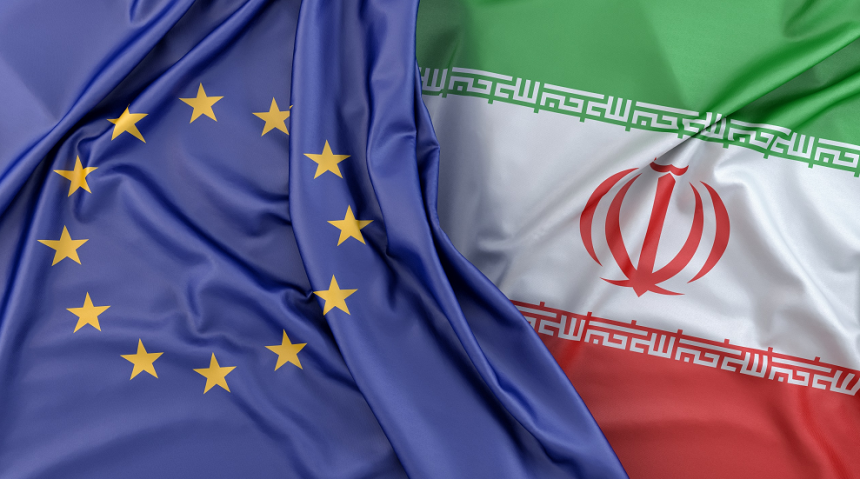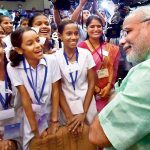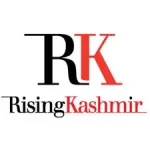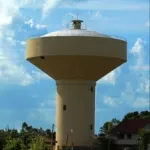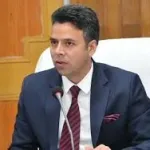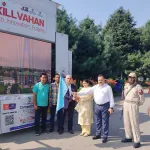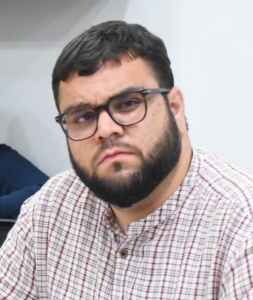
GEO POLITICS
In a world increasingly fraught with geopolitical tensions, the recent nuclear talks between Iran and Europe, particularly the United Kingdom (UK), Germany and France, have once again underscored the complexity of international diplomacy, particularly when it involves nuclear proliferation, sanctions, and regional stability. The latest round of discussions, held in Geneva, Switzerland, on 29 November 2024 concluded with little to no tangible progress, leaving observers and policymakers in a familiar state of uncertainty regarding the future of Iran’s nuclear program and its relations with the West.
The Iran nuclear deal which is formally known as the Joint Comprehensive Plan of Action (JCPOA) was signed between Iran and P5+1 countries (UK, United States (US), France, Russia, China and Germany) in 2015. The purpose of the nuclear agreement was to halt Iran’s increasing nuclear capabilities in exchange for lifting economic sanctions on Iran. But in 2018 the then US President Donald John Trump pulled the leg from the agreement unanimously. Since then the agreement bore significant challenges with the re-imposition of the sanctions and Iran backed off from the commitments of JCPOA and continued to increase its uranium enrichment.
The current diplomatic efforts came at a time when geopolitical tensions are high and Donald Trump will come to the White House in January 2025. During his previous term, he pursued the policy of “maximum pressure” on Iran, and there has been a renewed push from the European powers to re-engage with Iran before the political landscape shifted again. French foreign intelligence chief, Nicolas Lerner, said the risk of Iranian nuclear proliferation was expected to be the most “critical threat” in the coming months. Therefore, there is a need to give a chance to nuclear diplomacy and explore ways to halt Iran’s increasing nuclear capabilities. The leaders from Iran, Germany, France and the UK have engaged in renewed efforts for nuclear negotiations, and the complete absence of the US from the talks shows that the US is consistent with its policy of not directly engaging with Iran. And Trump’s policy towards Iran will likely be even harder.
The negotiations focused on three major points including Iran’s lack of cooperation with the United Nations (UN) nuclear watchdog, the International Atomic Energy Agency (IAEA), following a recent resolution from the IAEA for the comprehensive report, so there is heightened scrutiny of Iran’s nuclear activities. There is a possibility that a renewed set of sanctions will be imposed if the compliance does not improve. Second was Iran-Russia military cooperation. Europeans are concerned about their increasing cooperation in military and technology. The upcoming visit of the Iranian president Masoud Pezeshk to Russia during the heightened tensions in the region raised the eyebrows of many countries. The Iranian Ambassador to Russia announced that the visit will take place on 17 January 2025. Both sides are expected to sign a cooperation document during the upcoming visit. The third one is sanctions relief.
Iranian leadership has conveyed that they are willing for the dialogue showing their commitment to pursuing their national interests, but have also indicated that they might reconsider their approach if faced with renewed pressures from both Europe and a potentially hostile US administration under Trump.
The JCPOA deal is set to expire in October 2025, heightening the stakes for diplomatic efforts. Tension escalated after 18 October 2023 (Transition Day), when all of the nuclear-related sanctions that were in place against Iran under UN Security Council (UNSC) Resolution 2231 including prohibitions on ballistic missiles and sensitive technologies expired, marking a major turning point. This created more tensions among the Western powers about Iran’s increasing capabilities to develop advanced weapons. And it caused more panic after Iran struck directly at Israel.
The JCPOA challenges are not only because of Iran’s noncompliance to the agreement and exceeding the cap for uranium enrichment. They also stem from the US withdrawal from the deal in 2018 under the Trump administration. His policy of “maximum pressure” severely impacted Iran’s economy. A fragile economy pushed Iran to enrich uranium, increase its influence over the region, diversify its relations with major powers i.e., Russia and China, and become a part of Global South alliances Shanghai Cooperation Organisation (SCO) and BRICS+—which stands for Brazil, Russia, India, China, and South Africa, and now five new members. This raised alarms not only in the Middle East but also in Europe.
Meanwhile, Europe’s efforts to salvage the agreement have faced limitations due to internal divisions and reliance on US leadership, leaving the E3 (Germany, UK and France) in a precarious diplomatic position. Seyed Abbas Araghchi, Iran’s foreign minister, also stressed that Europe did not take an independent approach to the nuclear deal after the US withdrawal.
The second round of renewed talks between Iran, the UK, Germany, and France on 13 January 2025, and the Iranian President’s visit to Europe on 17 January 2025 are closely interlinked, as both events represent coordinated efforts to shape Iran’s engagement with the global community. The talks focus on addressing critical issues like the revival of the JCPOA, sanctions relief, and nuclear non-proliferation, laying the groundwork for potential diplomatic breakthroughs.
The Iranian President’s visit shortly after the talks is strategically timed to sustain momentum, reinforce any progress achieved, and signal Iran’s commitment to constructive dialogue. By engaging directly with European leaders, the visit could consolidate agreements or navigate remaining challenges while leveraging the diplomatic platform to reshape Iran’s international image. Together, these events reflect a synchronised strategy, where the outcomes of the talks provide substance to the visit, and the visit amplifies the significance of the talks, underscoring Iran’s dual focus on negotiation and broader diplomatic outreach.
Failure to achieve tangible progress in the Geneva talks could escalate regional tension, potentially triggering a nuclear arms race in the Middle East. It could also deepen global divisions, and further complicate efforts to stabilize the region. For meaningful progress, both sides must adopt diplomatic approaches that balance security concerns with economic realities. While the initial Geneva talks yielded no immediate results, the commitment to continued dialogue reflects a shared recognition of the high stakes involved. As the second round of talks approaches, the international community watches closely, hopeful for progress that could redefine the trajectory of Iran-Europe relations and regional stability.
(The author is IR Commentator and can be reached at: [email protected], Twitter /X: @agasyedmuntazir)


